- Home
- slideshows
- miscellaneous
- The riskiest vacation hot spots in South America, ranked
The riskiest vacation hot spots in South America, ranked
French Guiana - Level 1: Exercise Normal Precautions

Uruguay - Level 1: Exercise Normal Precautions
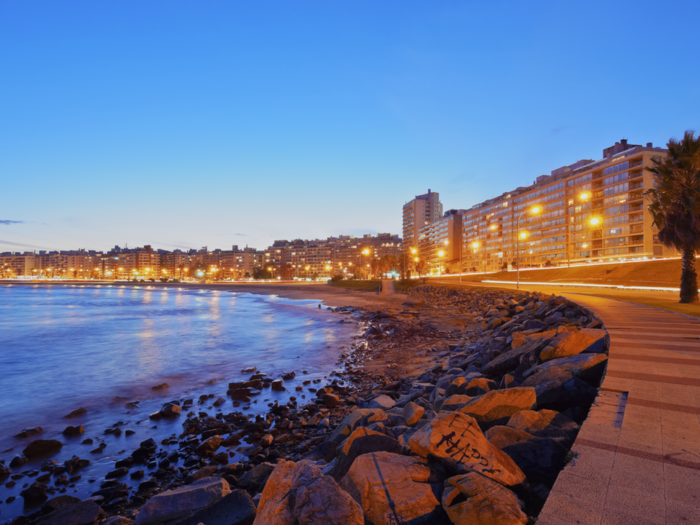
The US State Department doesn't have any alerts for the country, where every house has its own name.
Chile - Level 1: Exercise Normal Precautions
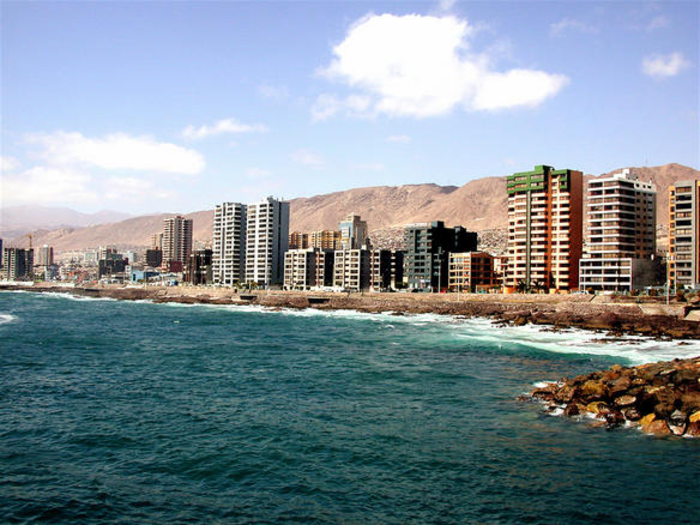
The US State Department doesn't have any alerts set for this country, which has 60 active volcanoes.
Suriname - Level 1: Exercise Normal Precautions
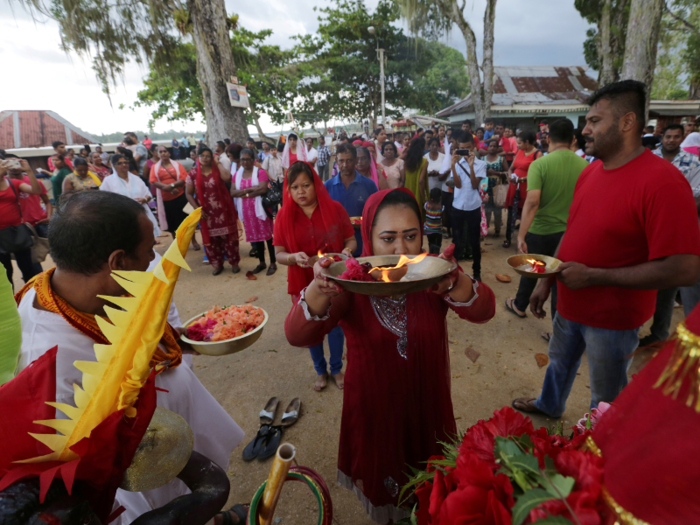
The US State Department doesn't have any alerts for South America's smallest country.
Paraguay - Level 1: Exercise Normal Precautions
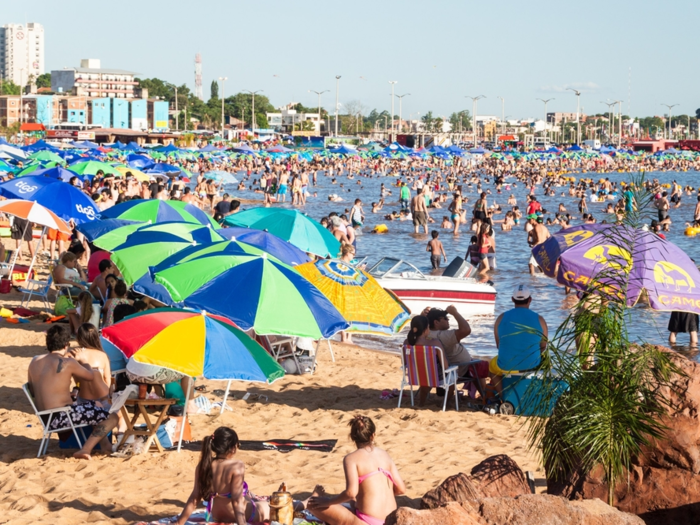
The US State Department warns some areas have increased risk, including Amambay, Alto Paraná, Canindeyu, San Pedro, and Concepcion. The agency points out that along Paraguay's northeastern border, the illicit trafficking of arms and narcotics is going on with limited police presence.
Argentina - Level 1: Exercise Normal Precautions
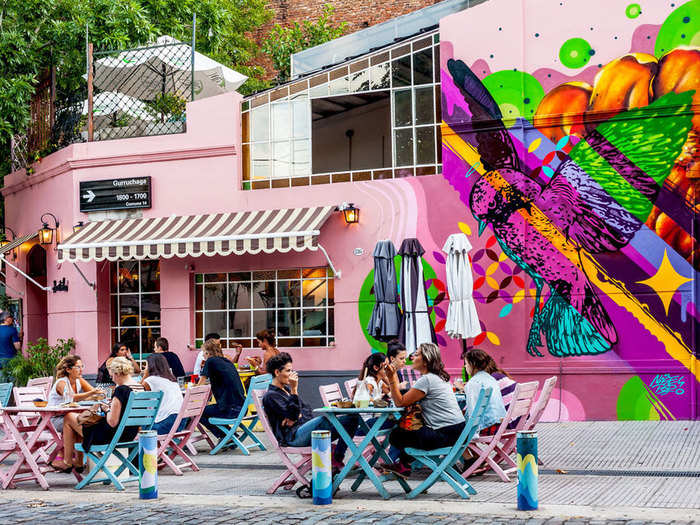
Overall, the country is classified as the safest travel advisory. But the US State Department warns American travelers that street crime is a problem in Buenos Aires, Rosario, and Mendoza. Keep an eye out for muggers and pickpockets working the streets, restaurants, and bus and train stations.
Travelers are also warned about violent robberies on side streets after dark in neighborhoods in Buenos Aires. If heading out of the city alone, be wary — sexual assaults have reported against solo hikers and bikers on trails in regions along the border with Chile, according to the State Department.
Bolivia - Level 1: Exercise Normal Precautions
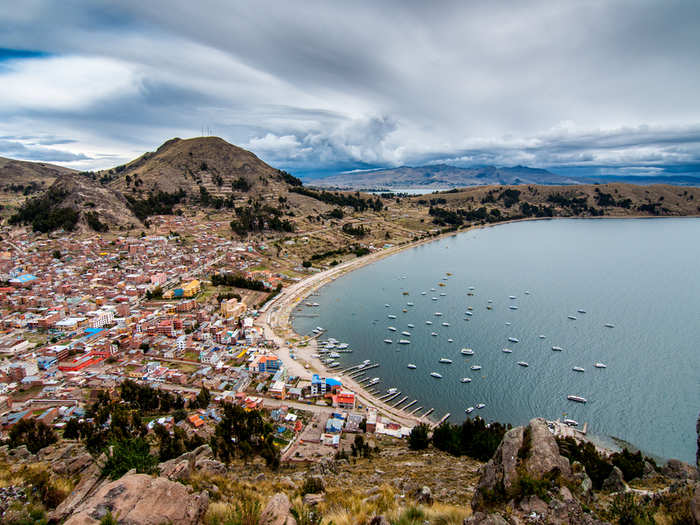
Bolivia is also classified as the lowest travel advisory. But the US State Department warns protests, strikes, and roadblocks are common. Outside Bolivia's large cities, emergency medical care may be inadequate. The government recommends being prepared when traveling to remote areas and inquiring about contingency plans for medical treatment.
In La Paz, "express kidnappings" are common, where tourists are forced to withdraw money from ATMS and then robbed.
The government also recommends being vigilant for imposters. Organized criminal groups may pose as police or as criminal victims to rob unsuspecting victims.
Peru - Level 1: Exercise Normal Precautions
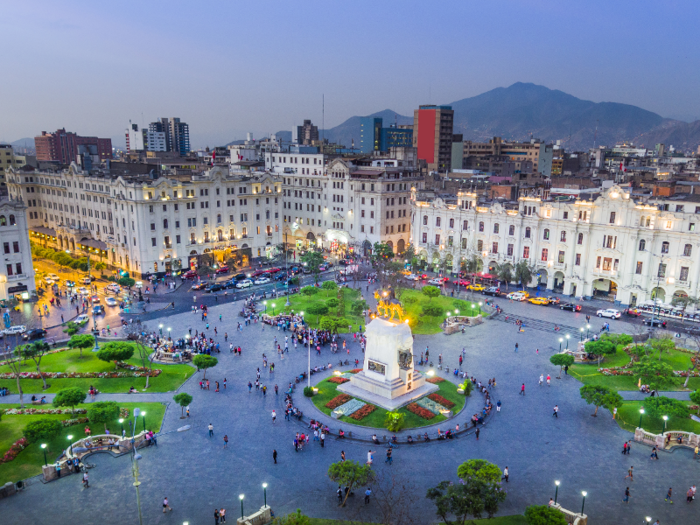
Overall, Peru is also a level one, but the US State Department warns some areas have increased risk, including the Colombian-Peruvian border in the Loreto Region because of crime, and the Valley of the Rivers Apurimac, Ene, and Mantaro (VRAEM) because of crime and terrorism.
The agency also recommends against American travelers driving at night outside of cities.
The advisory warns along the Putumayo River, which forms most of the Colombian border, drug trafficking and other criminal activity, combined with poor infrastructure, limit police's effectiveness in this area.
Ecuador - Level 2: Exercise Increased Caution
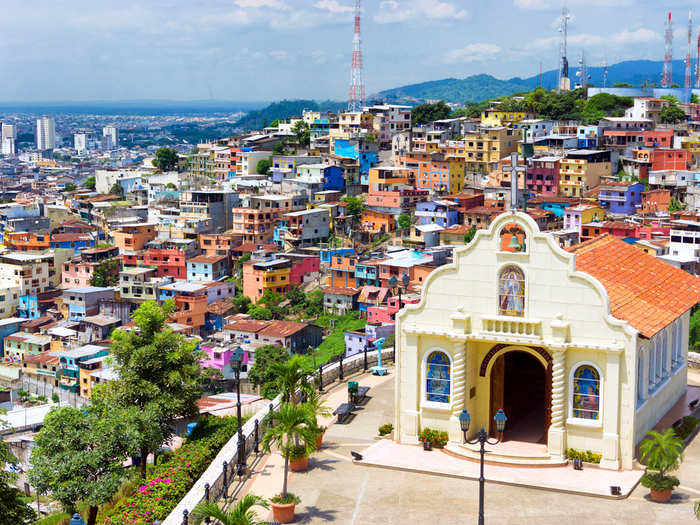
The US State Department warns increased caution should be taken with increasing crime.
Parts of the country are at a Level 4 advisory, with the agency recommending not traveling to Carchi, Sucumbíos, and the northern part of Esmeraldas provinces, including Esmeraldas city, due to violent crime. In Esmeralda, transnational groups have killed local citizens and carried out targeted bombings on Ecuadorian military and law enforcement.
Brazil - Level 2: Exercise Increased Caution
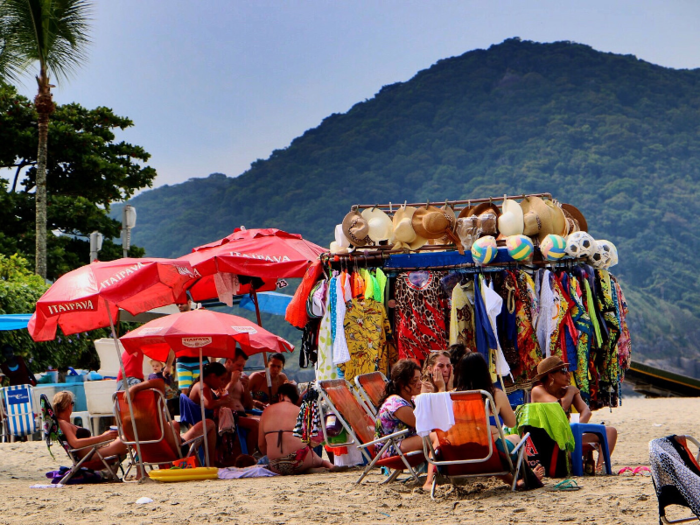
The US State Department advises that American tourists exercise increased caution in Brazil due to crime.
"Violent crime, such as murder, armed robbery, and carjacking, is common in urban areas, day and night. Gang activity and organized crime is widespread," the advisory reads.
It warns travelers against going anywhere within 150km of Brazil's land borders with Venezuela, Colombia, Peru, Bolivia, Guyana, Suriname, French Guiana, and Paraguay. It also warns travelers against visiting "favelas" (housing developments), catching buses in certain areas, or visiting Brazil's satellite cities of Ceilandia, Santa Maria, Sao Sebastiao, and Paranoa after sunset.
Guyana - Level 2: Exercise Increased Caution
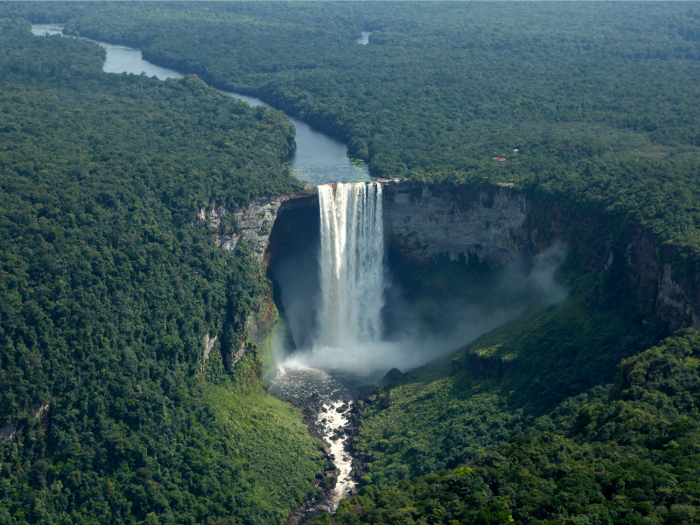
The US State Department warns violent crime such as armed robbery and murder is common, and recommends increased caution.
If American travelers do visit, the agency recommends being aware of your surroundings, not displaying signs of wealth like expensive watches or jewelery, being extra vigilant when visiting banks or ATMs, and not resisting any robbery attempts.
Colombia - Level 2: Exercise Increased Caution
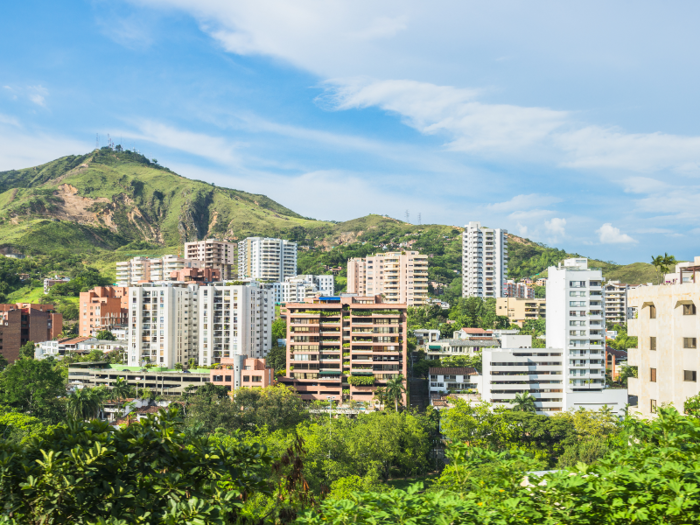
The US State Department warns travelers there is crime, terrorism, and kidnapping throughout Colombia. Terrorists operate in some areas, and violent crime is possible, the agency says.
Parts of the country are a Level 4 advisory, with the agency recommending Americans don't travel to Arauca, Cauca (except Popayan), Chocó (except Nuquí), Nariño, and Norte de Santander (except Cucuta), because of crime and terrorism.
The following areas are a Level 3 advisory, and the State Department recommends Americans reconsider traveling to them: Antioquia north of Medellin, Caquetá, Casanare, Cesar outside Valledupar, Córdoba outside Montería, Guainía, Guaviare, Meta, Putumayo, Valle del Cauca outside the Cali and Palmira area, Vaupes, and Vichada.
Venezuela - Level 4: Do Not Travel
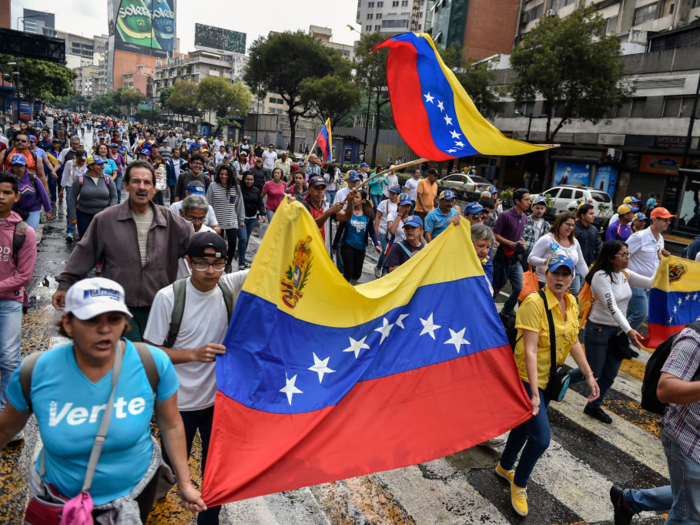
The State Department warns of crime, civil unrest, poor health infrastructure, kidnapping, and the arbitrary arrest and detention of US citizens. The agency ordered government employees and their families to leave the country in January 2019.
There are also shortages of food, electricity, water, and medicine.
The agency warns against travelling between Simón Bolívar International Airport and Caracas at night and not to take unregulated taxis from Simón Bolívar International Airport.
Popular Right Now
Popular Keywords
Advertisement